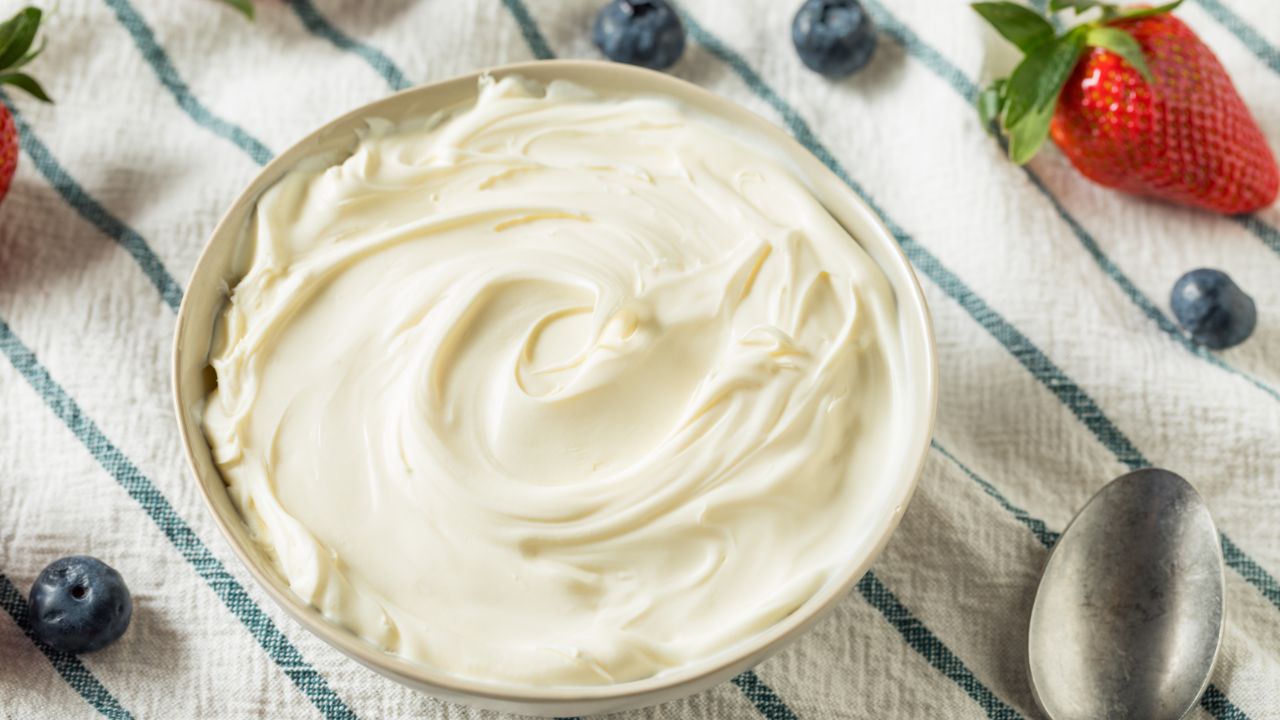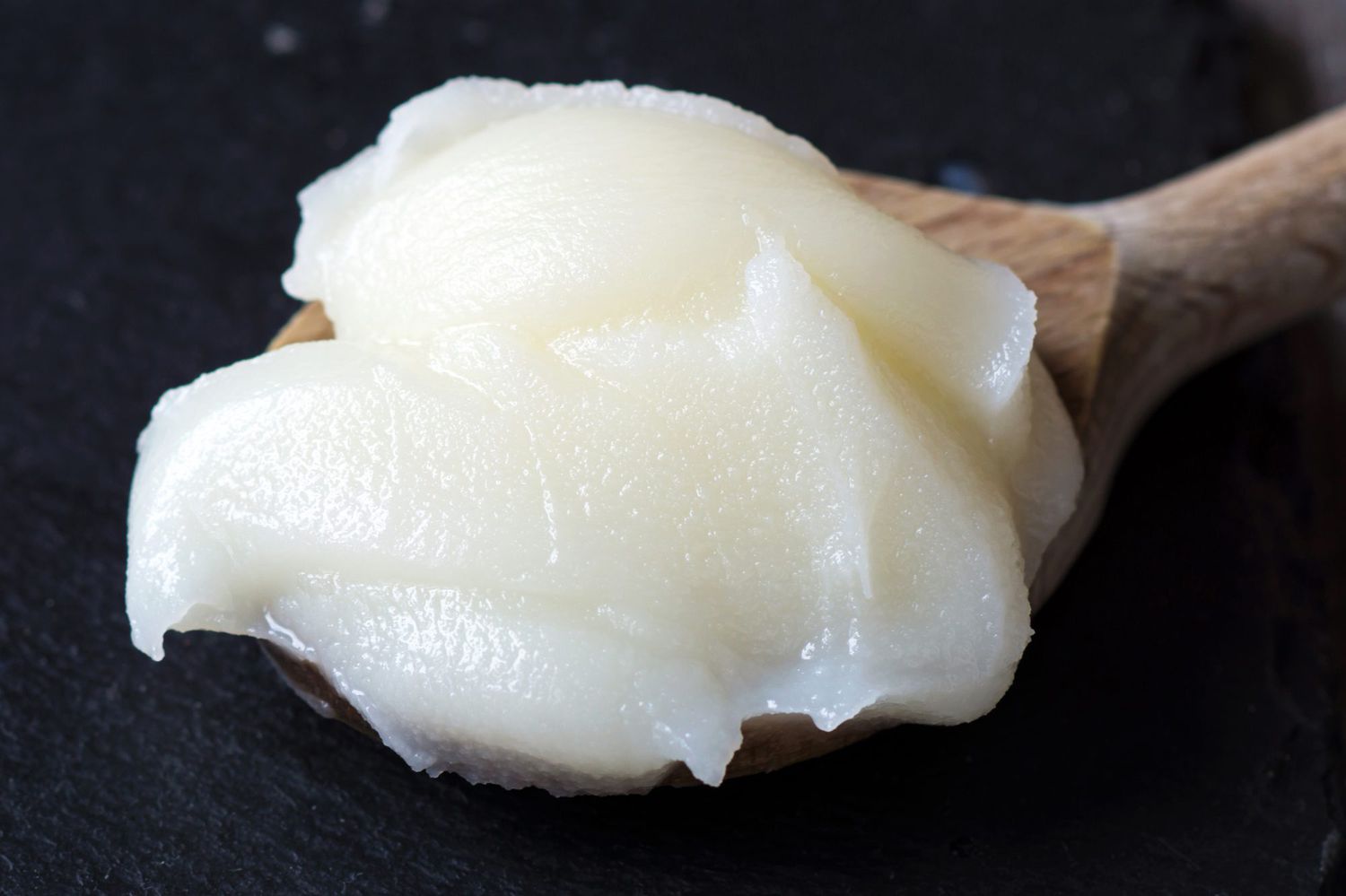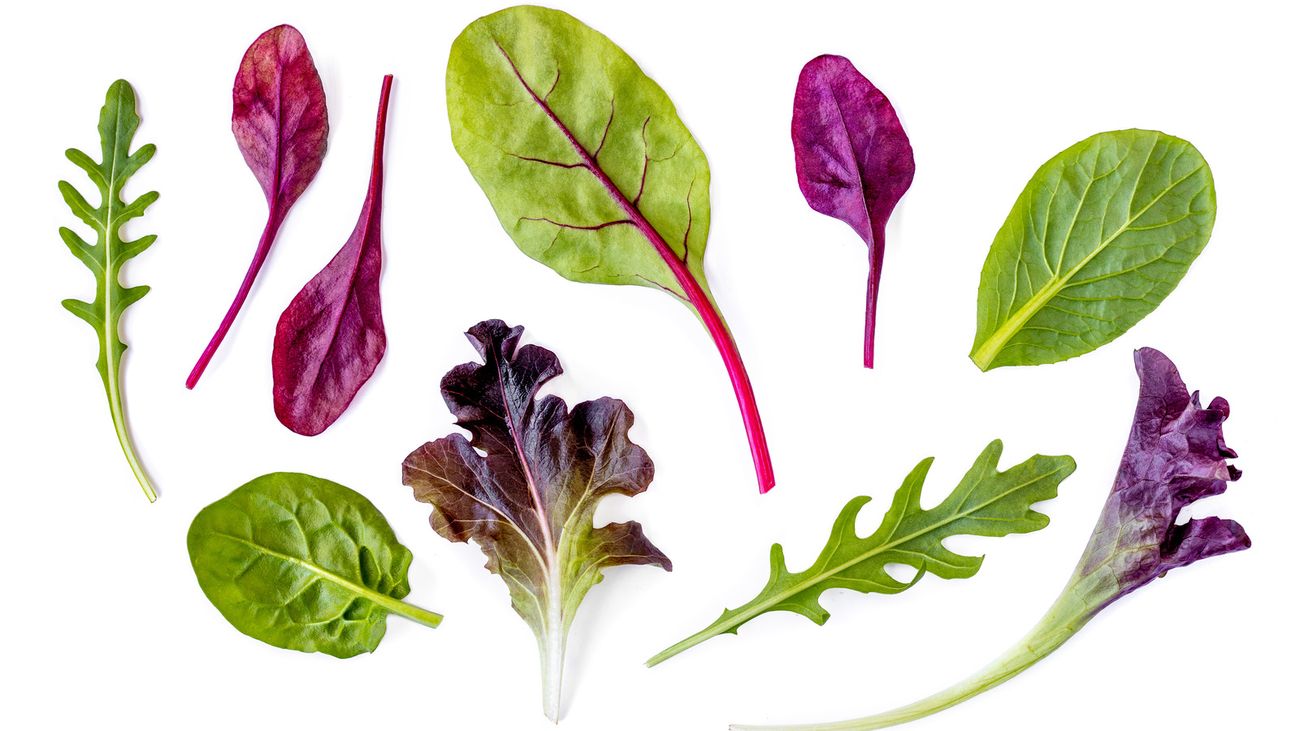Understanding Salad Oil: A Versatile Kitchen Staple
Salad oil is a common ingredient found in many kitchens, but what exactly is it? This versatile cooking oil is often used in a variety of culinary applications, from salad dressings to sautéing and baking. Let’s take a closer look at what salad oil is and how it can be used in your everyday cooking.
What Is Salad Oil?
Salad oil is a type of vegetable oil that is specifically designed for use in salad dressings and other cold dishes. It is typically a light, neutral-flavored oil that won’t overpower the other ingredients in the dish. Common types of salad oil include canola oil, sunflower oil, and grapeseed oil.
Uses of Salad Oil
Salad oil is incredibly versatile and can be used in a wide range of culinary applications. Some common uses of salad oil include:
- Salad dressings: Salad oil is often used as the base for homemade salad dressings, providing a neutral flavor that allows the other ingredients to shine.
- Sautéing: Salad oil’s high smoke point makes it ideal for sautéing and stir-frying, as it can withstand high heat without burning.
- Baking: Salad oil can be used in place of butter or other fats in baking recipes, resulting in moist and tender baked goods.
- Marinades: The neutral flavor of salad oil makes it a great choice for creating flavorful marinades for meats and vegetables.
Benefits of Using Salad Oil
There are several benefits to using salad oil in your cooking:
- Healthier option: Salad oil is often lower in saturated fat and higher in heart-healthy unsaturated fats compared to other cooking oils.
- Neutral flavor: The mild flavor of salad oil allows the other ingredients in your dishes to take center stage.
- Versatility: Salad oil can be used in a wide range of recipes, making it a versatile addition to any kitchen.
Choosing the Right Salad Oil
When selecting a salad oil for your cooking needs, consider the following factors:
- Flavor: Choose a salad oil with a neutral flavor that won’t overpower your dishes.
- Smoke point: Look for a salad oil with a high smoke point, especially if you plan to use it for sautéing and frying.
- Health considerations: Consider the nutritional profile of the oil, opting for options that are lower in saturated fat and higher in unsaturated fats.
In Conclusion
Salad oil is a versatile and essential ingredient in any kitchen. Whether you’re whipping up a homemade salad dressing, sautéing vegetables, or baking a batch of cookies, salad oil is a valuable tool that can enhance the flavor and texture of your dishes. By understanding the uses and benefits of salad oil, you can make informed choices about which type of oil to use in your cooking endeavors.
Next time you reach for a bottle of salad oil, consider the many ways it can elevate your culinary creations.
Was this page helpful?
Read Next: What Is A Substitute For Asiago Cheese?











